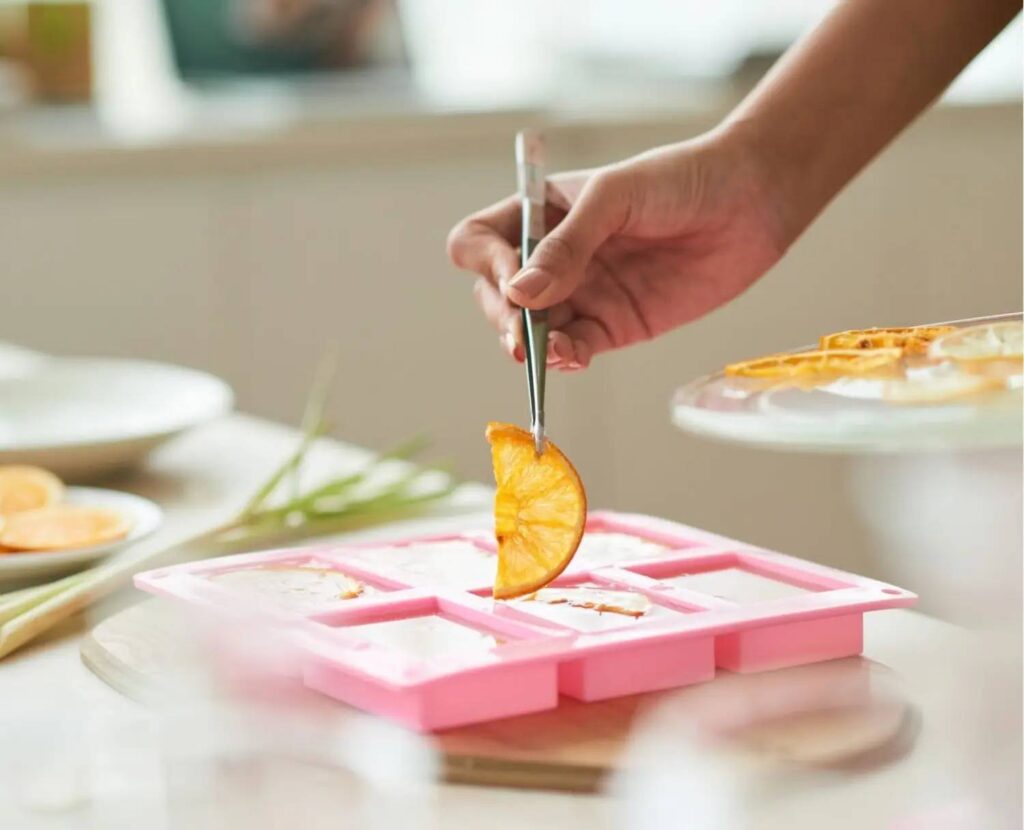Making soap from scratch is more than just a hobby—it’s a sensory experience that merges artistry, chemistry, and sustainability. Whether you dream of launching a small business or crave a hands-on way to create personalized skincare, finding the right tools will make your journey smoother and far more enjoyable.
What Supplies Do I Need for Soap-Making?
Before diving into your first batch, gather essential materials. You’ll need lye (sodium hydroxide), quality oils or butters, distilled water, silicone molds, a heatproof bowl, gloves, safety goggles, and a stick blender. A digital scale and thermometer help maintain precision during mixing and heating. While this list might feel extensive, many curated sets bundle these necessities together, making them perfect for beginners or anyone short on time.
How Do I Start Making My Own Soap?
Starting your soap-making adventure depends on the method you choose. The melt-and-pour approach is simple: melt a pre-made base, mix in fragrances or colors, and pour it into molds. The cold process, however, gives you full creative control. It involves blending lye with oils, triggering a chemical reaction called saponification. This technique requires patience, as the bars must cure for several weeks, but the results are undeniably satisfying.
What Is Cold Process for Soap Making?
Cold process soap-making is beloved by artisans for its authenticity and flexibility. It lets you customize every ingredient—from the oils to the fragrances—ensuring the final bar suits your preferences. The curing stage allows moisture to evaporate naturally, resulting in a firmer, longer-lasting soap with a creamy texture. While the process demands caution and precision, it rewards you with handcrafted quality that store-bought bars simply can’t match.
What Are the Best Fragrances for Soap Making?
Fragrance transforms a basic bar into a small piece of luxury. Consider lavender for a soothing scent, peppermint for a refreshing coolness, or citrus oils like orange and lemon for a bright, energizing aroma. Earthy tones such as cedarwood or patchouli lend a natural warmth, while rosemary or eucalyptus evoke a clean, spa-like atmosphere. Always use skin-safe essential or fragrance oils specifically formulated for soap crafting.
Is Making Soap Profitable?
With growing demand for natural and handmade products, soap-making can absolutely become a profitable venture. Success depends on ingredient quality, branding, and how you connect with customers. Markets, craft fairs, and online platforms like Etsy or social media offer excellent opportunities to showcase your work. Start small, refine your formulas, and reinvest in better materials as your sales grow.
What Is the Best Organic Soap Making Supply Kit?
When choosing an organic option, look for kits that include sustainably sourced ingredients such as shea butter, coconut oil, and olive oil. Some brands also feature plant-based colorants—spirulina, beetroot, or turmeric—for natural hues. Avoid kits with synthetic additives or artificial dyes. Transparency in sourcing and packaging is key; eco-conscious makers often prioritize biodegradable materials and minimal plastic use.
Final Thoughts
Selecting a soap making kit isn’t just about convenience—it’s about unlocking your creative potential. With the right blend of patience, high-quality ingredients, and imagination, you can craft soaps that reflect your personality and values. Whether you’re experimenting for fun or building a brand, each bar you pour carries a touch of artistry, care, and self-expression.



